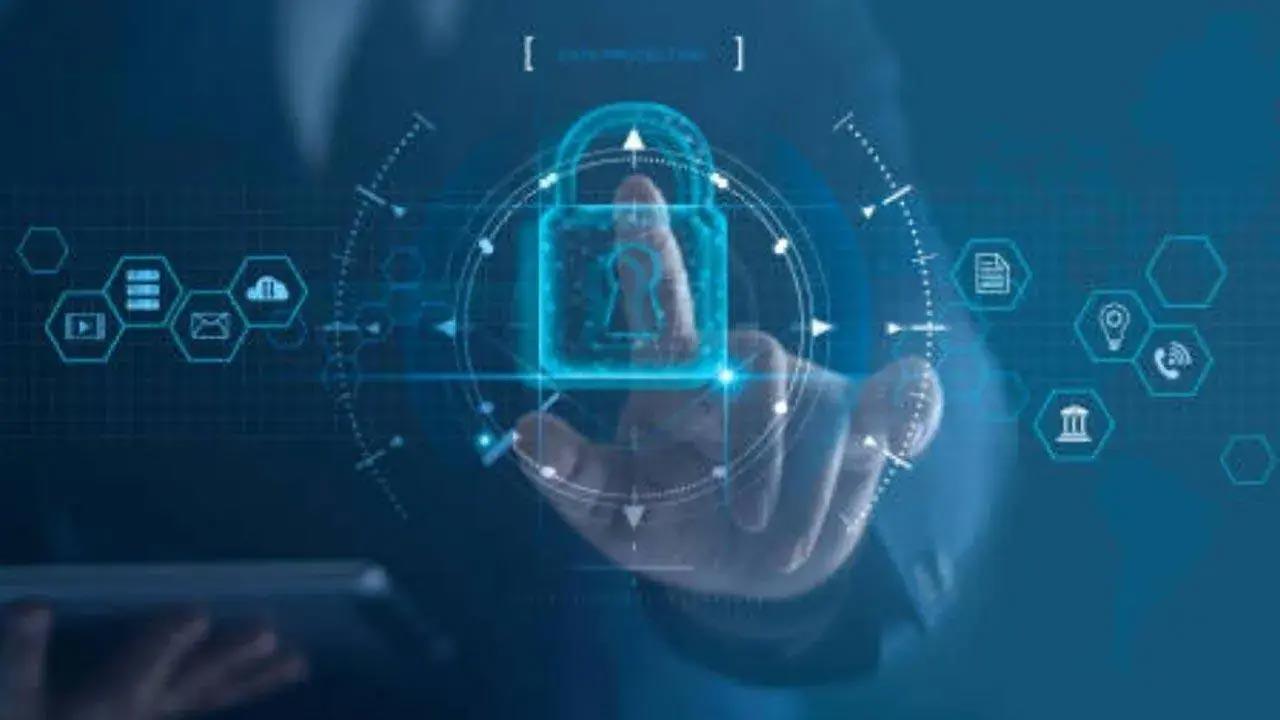Staying safe online is an ongoing effort, and one of the simplest yet most effective ways to do so is to stay vigilant and keep your devices updated with the latest software

Image for representational purpose only. Photo Courtesy: istock
With so much of our information floating on the Internet today, security on the web is the need of the hour. We use so many different kinds of devices that have almost become the backbone of our everyday lives and a support system that would be impossible to live without. However, with the use of multiple devices comes a higher risk of potential threats from those who are looking to compromise systems and carry out fraudulent activities.
ADVERTISEMENT
Those looking to undertake fraudulent activities can often do so easily on devices that aren't protected. As a result, implementing measures to ensure a higher level of data security is critical now more than ever. Here are a few ways suggested by Truecaller on how one can stay digitally safer while using multiple devices:
Updating device software
Staying safe online is an ongoing effort, and one of the simplest yet most effective ways to do so is to stay vigilant and keep your devices updated with the latest software. These software updates frequently come with software patches that fix security gaps and prevent a potential hacking effort across multiple logged-in devices. These patches keep one's device secure and protect it from software holes that give hackers easy access to multiple devices and the data stored within them.
Firewall up
A firewall is one of the first things InfoSec professionals often ask their colleagues to install to stay safe while using multiple devices. A firewall acts as a barrier between a device and the internet, protecting one's devices from unauthorised access. This simple step can help prevent hackers who are trying to use common servers to access multiple devices.
Stay educated, stay protected
Being vigilant is one of the most important steps to be taken to be more digitally secure. The best way to do this is to stay up to date with the latest developments and be aware of the tactics being implemented by those looking to compromise multiple systems. This can also help one spot potential risks and mitigate them before the need arises. Turning to cybersecurity websites and blogs, government agency updates, cybersecurity podcasts as well as social media and tech forums can help one stay aware and well-protected.
Separate and secure
Often, professional accounts and devices are connected to a common organisational server, which can be accessed by a number of professionals. However, from a security standpoint, having your personal information out on a public forum is not always the best course of action, and can prove to be harmful in case of a data breach within the organisation. The best option is to always separate your professional and personal accounts and devices so as to prevent any kind of unwarranted attacks.
Lock it down
Using secure passwords and PINs to secure one's devices is one of the most basic steps to be taken while using multiple devices. It goes without saying that one must always use different passwords for different devices. Use strong passwords that can't easily be decoded using brute force or scripting and tools like Norton Password Manager or LastPass to keep everything secure.
Stay ahead with block list updates
Making sure that you are avoiding any potential hackers is always important. Popular caller ID apps have a nifty way through which one can detect common scammers and block them preemptively to prevent them from reaching you in the first place. In addition, it is important to keep blocking any scammers who may try to reach you, either via SMS, call, e-mail, or social media.
Public hotspots: keep out
While logging into a public Wi-Fi to save on your own internet plan might seem enticing, it is not advised to do unless absolutely necessary. Public Wi-Fi is often unsecured which tends to be an avenue for easy phishing scams, especially when one is logged into the server through multiple devices. If the need does arise to connect to a public Wi-Fi, be sure to use a VPN or turn on the option of connecting through an encrypted connection within the Wi-Fi settings of your device.
While there is no foolproof method to ensure a higher level of data security when using multiple devices, implementing certain key measures can go a long way to ensure that it is as difficult as possible for hackers to compromise your systems. When trying to follow these measures, it is also important to implement them on every device you use, and spread the word to your family and friends to help them stay digitally safer as well.
Also Read: In 2023, 417 tech firms lay off over 1.2 lakh employees in January-February alone
This story has been sourced from a third party syndicated feed, agencies. Mid-day accepts no responsibility or liability for its dependability, trustworthiness, reliability and data of the text. Mid-day management/mid-day.com reserves the sole right to alter, delete or remove (without notice) the content in its absolute discretion for any reason whatsoever.
 Subscribe today by clicking the link and stay updated with the latest news!" Click here!
Subscribe today by clicking the link and stay updated with the latest news!" Click here!







